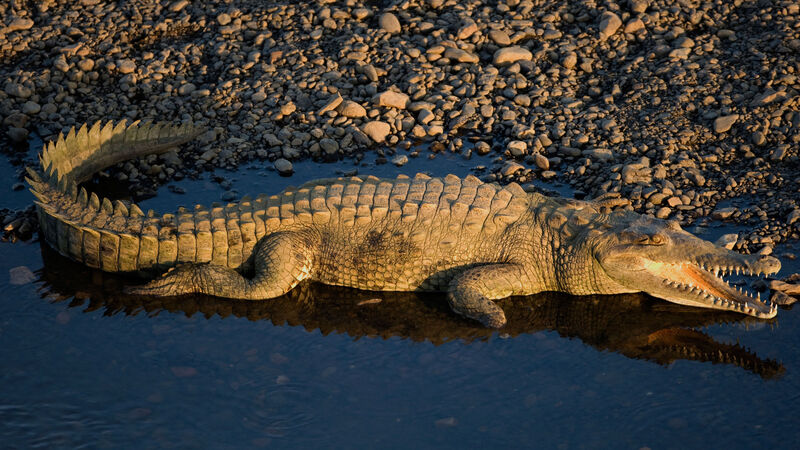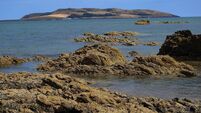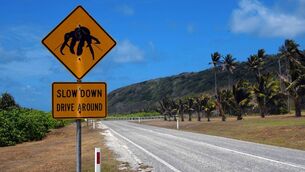Scientists discover first ‘virgin birth’ in a crocodile

A Central American crocodile (Alamy/PA)
Scientists have recorded the first known case of a “virgin birth” in a female crocodile who had no contact with males for around 16 years.
The reptile was able to produce a fully formed foetus that was 99.9% genetically identical to her.







